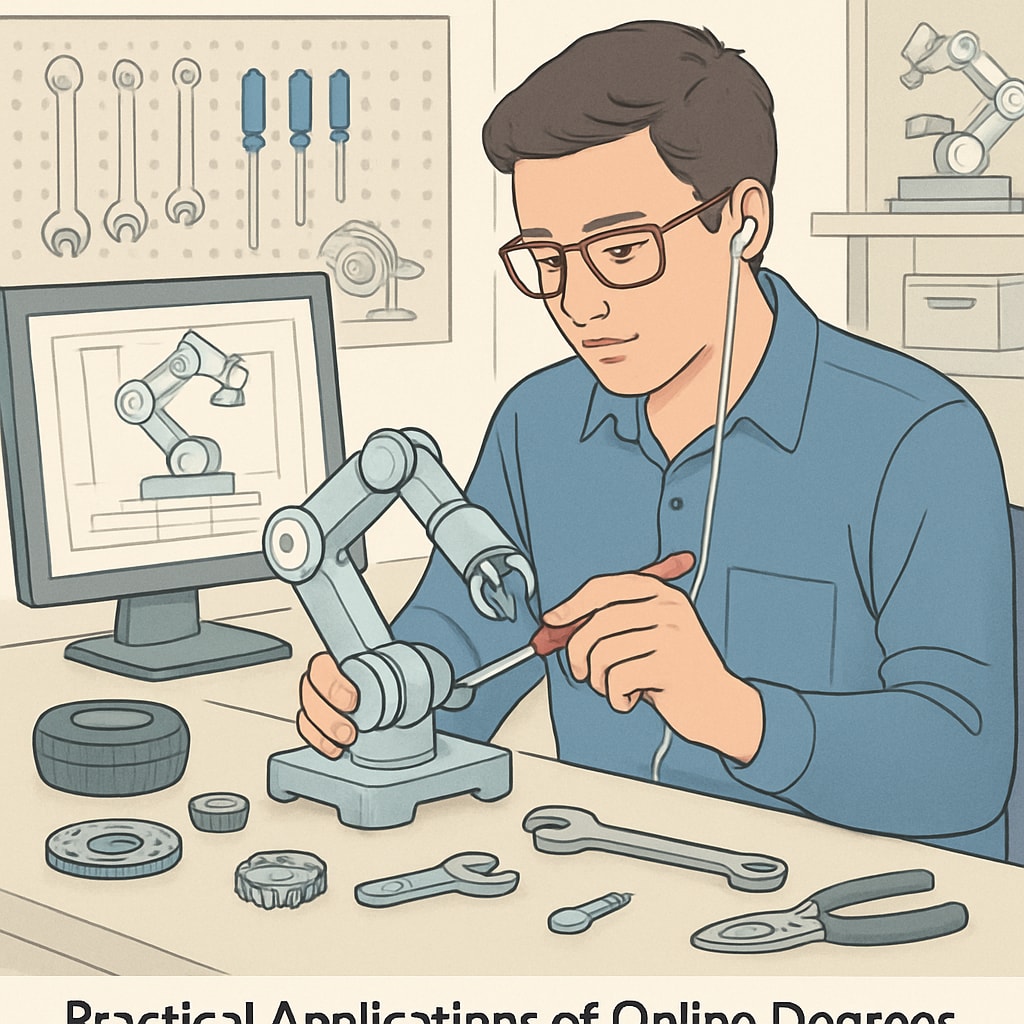The pursuit of online degrees, mechanical engineering, and credentials has become increasingly popular as students strive to enhance their qualifications and remain competitive in the job market. But how early should this journey begin? Should K12 students consider multi-disciplinary planning similar to higher education? This article evaluates the benefits and drawbacks of early academic specialization and provides insights into achieving a balanced development strategy.
Should K12 Students Plan for Multi-Disciplinary Paths?
In today’s globalized world, students face growing pressure to excel academically and professionally. The idea of pursuing a double degree or additional certifications, such as an online degree in mechanical engineering, is appealing for many reasons:
- Broader Skills: Multidisciplinary education equips students with diverse skills, making them more adaptable in the job market.
- Specialization: Fields like mechanical engineering often demand specific technical knowledge, which can be strengthened by additional degrees.
- Flexibility: Online degree programs provide flexibility, allowing students to explore different fields without compromising their primary education.
However, early specialization comes with challenges. For instance, many K12 students lack the maturity to make well-informed decisions about their future. Overburdening them with multiple academic paths can lead to burnout and limit their ability to explore other interests. According to a Britannica article on education, a balanced curriculum is crucial during formative years to promote holistic growth.

The Role of Online Degrees in Mechanical Engineering
For students interested in mechanical engineering, online degrees can serve as a stepping stone to advanced career opportunities. They provide access to specialized courses, such as thermodynamics or robotics, that may not be available in traditional school settings. Furthermore, online platforms often offer additional certifications, enhancing a student’s resume. For example:
- Cost-Effective Learning: Online programs often cost less than traditional degrees, making them accessible to a wider audience.
- Global Resources: Students can access learning materials and connect with experts from around the world.
- Credentialing: Some programs include industry-recognized credentials, further boosting employability.
As a result, students can build a strong foundation in mechanical engineering while exploring other fields of interest. However, balancing these commitments is essential to avoid overextension.

Finding the Right Balance
While the benefits of pursuing online degrees, mechanical engineering, and credentials are evident, it’s important to approach this path strategically. Here are some tips for K12 students and their parents:
- Start Small: Begin with short-term certifications or online workshops to gauge interest in a specific field.
- Focus on Core Skills: Prioritize foundational subjects like math and science, which are crucial for mechanical engineering.
- Consult Advisors: Seek guidance from academic counselors to identify the best learning paths.
- Balance Interests: Ensure that extracurricular activities and personal interests are not neglected.
According to the Wikipedia page on mechanical engineering, early exposure to engineering principles can be beneficial, but it should not come at the cost of a well-rounded education.
Ultimately, K12 students should focus on developing a strong academic foundation while exploring their interests. Online degrees and credentials can be valuable tools, but they should complement—not replace—a balanced educational experience.
Readability guidance: This article uses short paragraphs and lists to enhance readability. It maintains a professional tone while including practical advice for students and parents. Transition words such as “however,” “therefore,” and “in addition” are used to connect ideas seamlessly.


